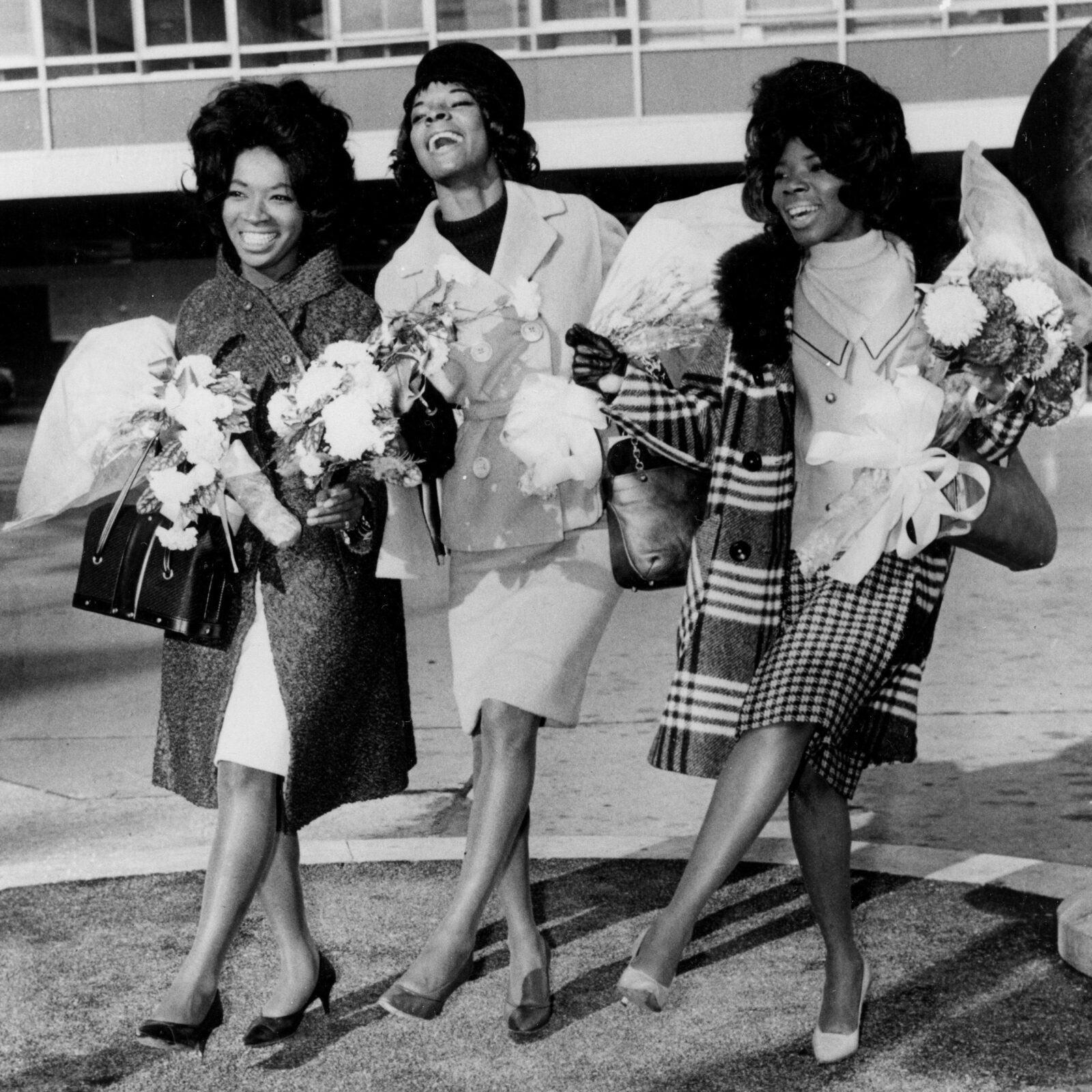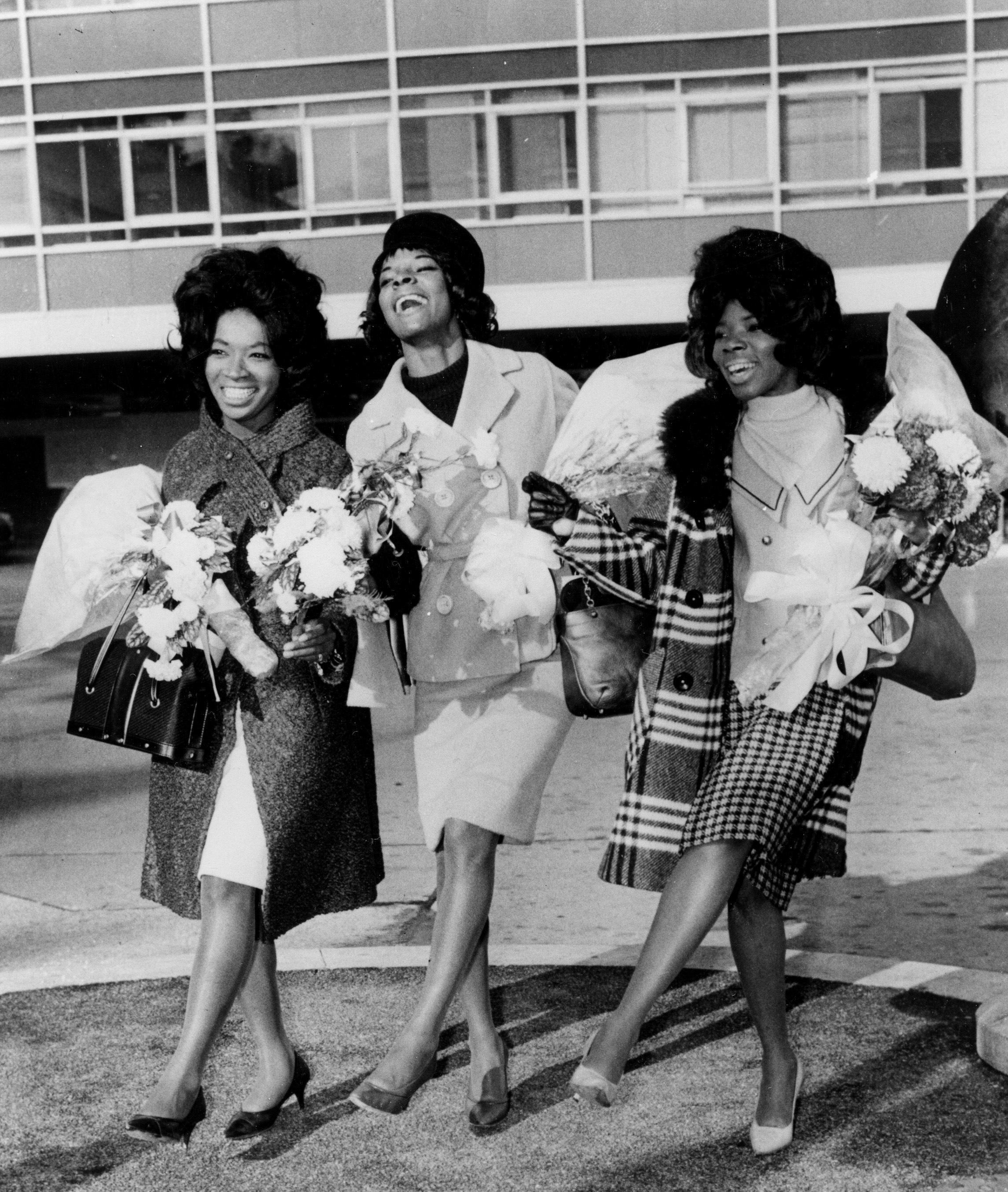Mickey Guyton Releases Powerful Single “Black Like Me” as Country Musicians Take Stand Against Racism


The murder of George Floyd at the hands of a former Minneapolis police officer has sparked protests across the world calling for justice for Floyd and the end to systemic racism in America. Some of those voices are coming out of Nashville, from a genre of music that has largely remained quiet on issues related to justice and politics in the past. Kane Brown, Darius Rucker, Jimmie Allen, Carrie Underwood and Thomas Rhett are among the many artists who have spoken out against Floyd’s inhumane death, with reactions ranging from honest reflections on living in a racist society as a black person to steadfast support for the black community.
Perhaps one of the most profound statements has come from Mickey Guyton, who tells the world how it feels to be a black woman in America on her powerful new song, “Black Like Me.” As one of the few Black women working in mainstream country music, Guyton has long been outspoken about the obstacles she’s faced trying to have a voice in a genre dominated by white males. “Black Like Me” cuts through the noise to share an honest and important perspective about what it’s like to live in her skin. Guyton explained in an Instagram post that she co-wrote the song in 2019 with Nathan Chapman, Emma DD and Fraser Churchill as a response to the “hate” and “oppression” she was witnessing in the world. Across three minutes and 31 seconds, Guyton takes the listener inside her journey as a child on the playground where she was told for the first time that she was “different,” later watching her father work twice as hard to buy a home to raise his family in. But the chorus is where she delivers a truly gut-punching declaration:
“It’s a hard life on easy street/Just white painted picket fences far as you can see/And if you think we live in the land of the free/You should try to be/Black like me/Oh, and some day we’ll all be free/And I’m proud to be, oh, Black like me.”
“Our world is on fire right now. There is so much division and hate. I wrote this song over a year ago because I was so tired of seeing so much hate and oppression. And yet here we are in the exact same place!” Guyton explains in the post debuting the song. “We must change that. I hope this song can give you a small glimpse into what my brothers and sisters have endured for 400+ years.” While she continues to serve as a passionate advocate for racial justice, she is also calling on her country music peers to do the same, many of whom have answered the call.
Darius Rucker also expressed his viewpoint on how it feels to live as a Black American. In a vulnerable, three-page statement, Rucker shared the “raw feeling of pain” he experienced watching the video of Floyd’s murder.
“As an American, a father, a son, a brother, a singer, a man…I have faced racism my whole life from kindergarten to the life I live today,” he begins. “Racism is not a born thing; it is a taught thing. It is not a strong belief; it is a weak belief. It is not a financial issue; it is a hatred issue.” As a father of three children, Rucker explained the “anguish” and “anger” they’ve felt in the aftermath of Floyd’s murder, urging for people to unify in order to bring about change. “The only way it will ever change is if we can change people’s hearts,” he encourages. “I really hope that we get better as a nation. My request to you guys is to search your heart on behalf of all of us, and root out any fear, hate or division you have inside of you. We need to come together.”
Like Rucker, “Best Shot” singer Jimmie Allen is the father of a six-year-old Black son and welcomed a daughter with his fiancée Alexis Gale in March. Allen expressed deep sorrow and concern for his son’s future growing up in a racist culture, also calling for people to use love as a guiding force for systemic change. “The continued non value of life towards black men in America concerns me. As a black man and a father raising a black boy I’m worried. The uncertainty of his safety turns my stomach,” he confessed in a recent Instagram post. “I challenge everyone to love each other and let our hearts speak louder than the injustice. Love so hard that it suffocates the hate.”
Kane Brown echoed this sentiment, calling on people of all backgrounds to unite in order to achieve world peace. “We will never see peace in this world until we ALL see each other as PEOPLE. We will never understand each other when you have people on 2 different sides. We have to become one to be at peace,” he explains in a Twitter post.
While Black country artists made it a point to speak out, many white allies also raised their voices in support. Two of the most profound statements came from Thomas Rhett and his wife Lauren Akins, the parents of four-year-old daughter Willa Gray, who they adopted from Uganda in 2017. Both spoke honestly about it’s like to be white parents of a Black daughter, pledging their unconditional support not only to their child, but the Black community as a whole. In a open-hearted message shared on Instagram, Rhett reveals that while their blended family has been mostly met with unconditional love, they have dealt with racism “directly,” previously instilling him with a fear that stopped him from making a public statement. He also notes the fear that his Black crew members have felt while touring on the road with him, behavior he deems “unacceptable.”
“When I witnessed the horrific murder of George and think about the mistreatment of other black men and women in America, I am heartbroken and angry. I get scared when I think about my daughters and what kind of world they will be growing up in and how my JOB as a father is to show them how to lead with love in the face of hate. To know their worth and value as not only women but human beings,” he explains. “So if there is any question on where I stand let me be clear – I stand with you, I stand with George and his family and all those who have faced racism. I stand with my wife and my daughters. We will be fighting this fight for the rest of our lives. Rest In Peace, George. We are not letting this go.”
Akins also spoke about her role as a parent to their multi-race children, stating that in the past she has been shamed by people who believe she is unqualified to be the mother of a Black daughter, creating a sense of “anxiety” that has led her to not speak out publicly – until now. “But as her mother, I want her to be VERY sure that I am HER mother who stands up not only for her, but for every single person who shares her beautiful brown skin. I want to be her mother who raises her to know what it means to have brown skin and to be proud of it,” she pledges. “I believe if I stay silent I am betraying my brothers and sisters. I believe if I stay silent I am betraying my daughter… Together, let’s be an army for love. That means speaking up loudly for injustices whether or not we share the same skin color, language, beliefs… I want my children to cling to the good. Love, peace, kindness, joy. I want them to BE the good.”
For a genre that has historically been remiss in standing up for justice, it offers a glimmer of hope to see many country artists use their voices to take a firm stance in opposition to racism, asserting that Black Lives Matter. My hope is that the country community will continue to fight for equality and turn these words into action, adding to the ocean of voices that are rising to end systemic racism and change this world for the better.
https://www.instagram.com/p/CA0Ww8VDv8r/
https://www.instagram.com/p/CA22jJ_BCTw/
https://www.instagram.com/p/CA5pnRcAZ3_/
https://www.instagram.com/p/CAyi0pvhecm/
https://www.instagram.com/p/CBEq3lKJM1z/
We will never see peace in this world until we ALL see each other as PEOPLE. We will never understand each other when you have people on 2 different sides. We have to become 1 to be at peace

— Kane Brown (@kanebrown) June 1, 2020
It’s been hard to find the words to adequately convey how outraged and sad I am. WHITE PEOPLE HAVE HAD IT SO FUCKING WRONG SINCE THE BEGINNING and I will do whatever I can I help break the DISGUSTING, damaging cycle racism and systemic privilege causes. I will not be a bystander.
— K A C E Y (@KaceyMusgraves) June 1, 2020
Got a lot on my head and heart tonight. I love y’all. pic.twitter.com/8jyOJEngHQ
— Travis Denning (@Travis_Denning) June 1, 2020
https://www.instagram.com/p/CBFnmUCAPnm/




